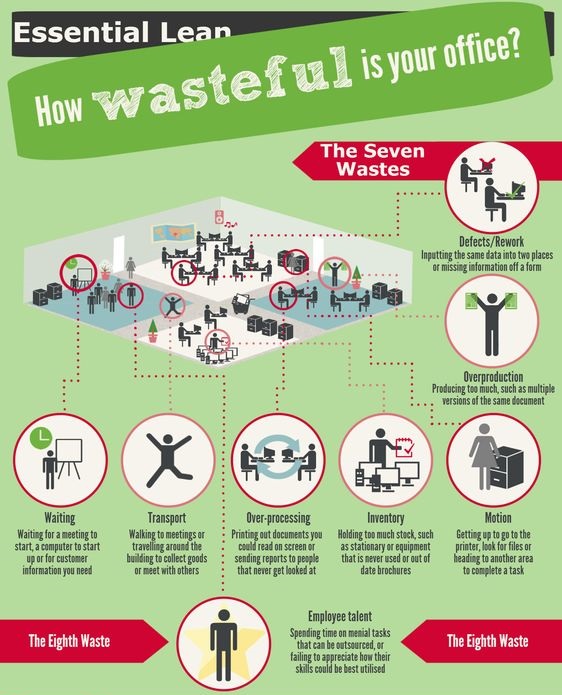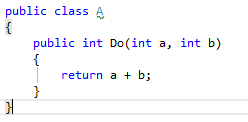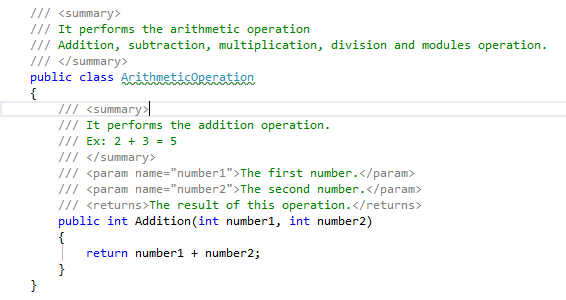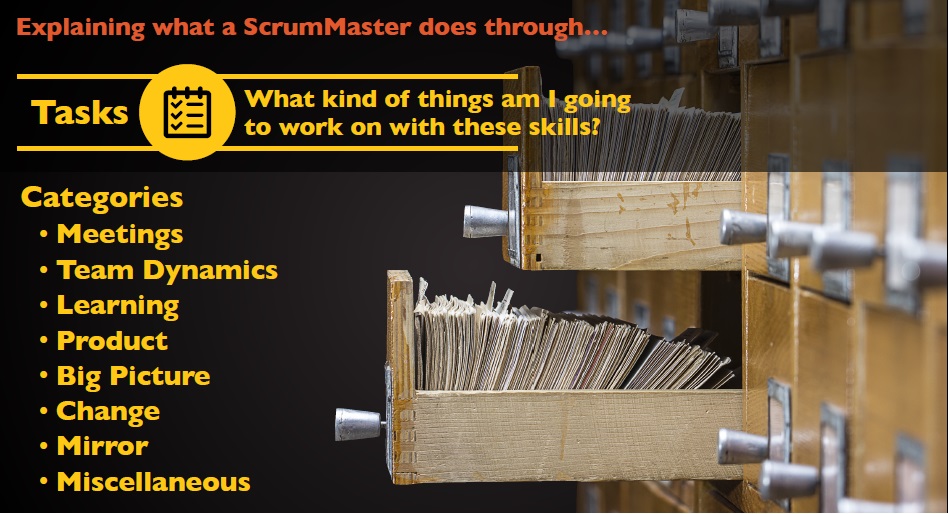
Introduction :
I wish to share this which I read through an image shared on Pinterest by http://www.100pceffective.com/ . Some of the minute things which we never considered and realized that it would affect our Productivity at our work place. And being played by us as a team lead , not only in our project but also on wasting of office time and things. Apparently we did not know that our colleagues and fellow members would watch us and indirectly adopt the same and follow us as their role models.
Here is some important stuff which we are unknowingly doing it and pave way for the fellow members and indirectly affects us being waste at office rather being productivity.
- Waiting:
According to current work environment most of us doesn’t like waiting as we need instant results and solutions for any problems never thinking that we are making others (may be any individual/ crew) to wait for a long time. Alright! I throw you few incidents that are very familiar which we have faced and we have done it.
Waiting for any official meeting to start, waiting for any discussion to start up as because of the participants were not on the right time seems to be Stealing other`s time . As per agenda we would not start and obviously we cannot end up, if the flow of the meeting was as per the agenda framed. In another instant the time delay for a computer to start up for the customer information we need.
- Transport:
Walking to meetings or travelling around the building or travelling around the building to collect or to meet any one. It doesn`t mean that we shouldn`t move anywhere leaving our seat, because some relaxation for mind and body is required. I have seen people carrying file on hand and meet other departments and spend half the day , But actually that much time is not needed for their discussion and meeting when you probe them.
We have to check whether the move that we make affects the work or not.
- Over processing:
we have a feeling and understanding that when we say the word “documents” it needs to be neatly printed ,filed and shelved, which we cannot locate it at the right time when required and what`s the use of it doing so? Printing out documents which are unnecessary or printing of documents that we could read on screen.
Of course an office has to have some records and files, but we have to check for their priority, category and the usage of the same (how often we use that) if that same info is available at our desk.
- Inventory:
Holding of too much of stocks such as stationary or any other equipment that are purchased without knowing its frequency on usage. Things Like ball point pens, batteries, or the outdated products or documents or any other similar belongings of office.
Instead we can make a purchase list every month or a week (that depends upon the organization size and structure) and buy things accordingly based on the requirement
- Motion:
Getting up with a task to be done and end with the other one leaving assigned task, shift on the work which begins with shift over the thought during work which is again waste of time and affects our productivity.eg: Getting up to take the printed papers from the printer but look for files and heading to other work or another area to complete that.
Instead we can prioritize the daily work and go as per the schedule to avoid the shift and save time.
- Over Production:
Producing of too many products beyond the requirement and storing it is again a waste of man power and that affects the quality of the product when the actual demand is there. Working on the same type of document with multiple versions.
We can have a post production discussion to limit the production by setting a level/amount with respect to the product and its actual requirement with the respective management team.
- Defects/Rework:
Most of the defect and rework at work places falls on the following criteria, like misunderstanding on the actual requirement, lack of interest on listening others and entries of multiple inputs manipulating the systems developed or adopted. Either ruins the work and requires starting up again or ends with any defect that affects the quality.
Instead we can clarify ourselves where there is a misunderstanding on the requirements of the client or any work assigned to us and then proceed. Confirm first the project or work requirements, get confirmed with the respective personnel and then proceed.
- Employee Talent:
Besides all the above mentioned wastes at office this waste is considered to the predominant one according to my perspective. I believe that all other waste causing inabilities can be removed if a right talent is hired. On the other hand training them by spending more time on a low level task which can be outsourced or done with other means. Also engaging employees on inappropriate task or the talent and skill of the employee hired is left unused or not used properly, remains a waste again.
Even though we all are aware of the things discussed, let us again refresh ourselves and analyze ourselves on the stuffs. As these are the Essential Lean six sigma concepts shared by the training bodies itself as mentioned on my introduction.
We can recycle all wastes of office into useful and productive features only when we accept and change our mind and adopt ourselves to be a person of 100% productivity.





